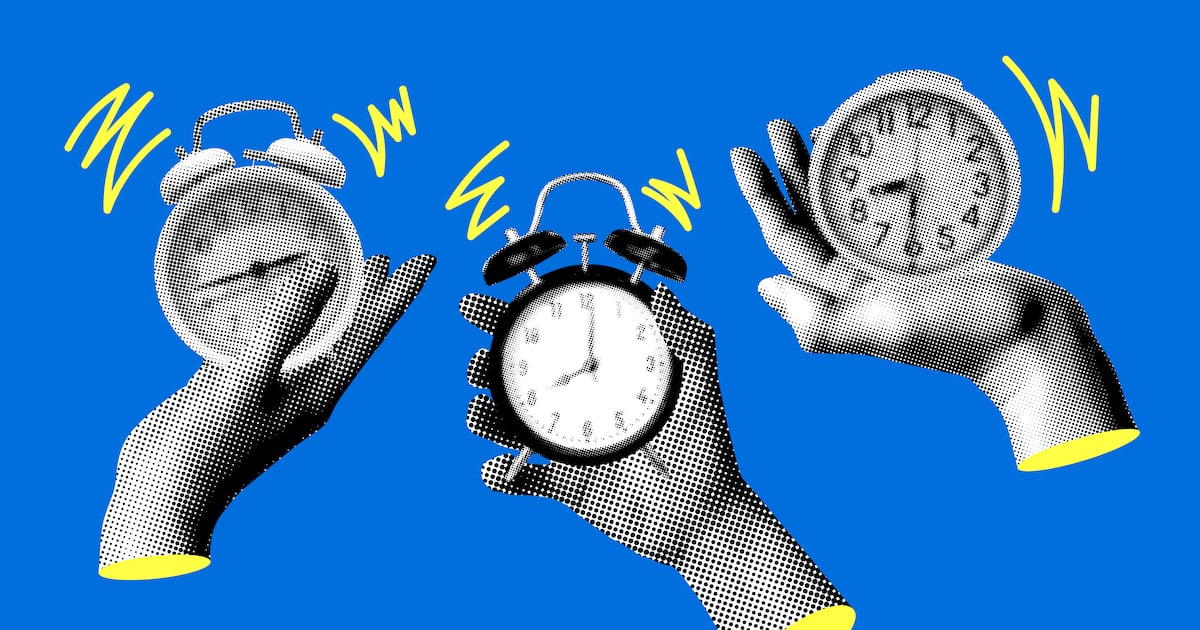Top Stories
Irish Attitudes Toward Tardiness Under Scrutiny Amid Festival Season

UPDATE: A growing discourse around tardiness in Ireland has emerged as the autumn film festival season wraps up. Social commentator Donald Clarke has raised concerns about the cultural norm of lateness, questioning why many Irish people continue to view it as charming rather than disrespectful.
Clarke argues that this habitual tardiness is not only inconvenient but also reflects a broader disregard for punctuality. “Oh, you know me. I’m never on time. Ha ha! Aren’t I terrible?” he highlights, suggesting that such attitudes reveal a troubling indifference to others’ time.
This issue has recently gained traction, particularly in light of comments from Carol Ho, who moved to Galway from Hong Kong in 2017. Ho noted that planning events in Ireland requires a substantial buffer, stating, “You cannot start right away, because people will arrive later and they don’t think they are late. They think they’re on time.”
Clarke’s critique emphasizes that arriving late has become a normalized behavior, with many attendees treating event schedules as flexible guidelines. This behavior was particularly evident during recent film screenings and press conferences, where audiences continued to chat and mingle long after the official start times.
The cultural implications of this tardiness extend beyond mere inconvenience. Experts suggest that lateness may stem from deeper psychological issues, including a lack of self-worth. Psychotherapist Philippa Perry previously posited that individuals who habitually arrive late might not recognize the impact of their actions on others.
As the conversation around this topic intensifies, it raises questions about respect and social etiquette in Irish society. Are we too lenient in accepting tardiness as part of our cultural identity?
Clarke concludes that while the Irish may be improving in their punctuality, the need for a genuine apology remains crucial when lateness is unavoidable. This ongoing discussion invites broader reflection on the importance of time and respect in our increasingly interconnected world.
As this dialogue continues, observers are left to ponder: will cultural attitudes toward punctuality shift, or will the charm of “Irish time” persist? The implications for social interactions and professional environments are significant and warrant immediate attention.
Stay tuned for more updates as this conversation develops.
-

 Top Stories2 months ago
Top Stories2 months agoTributes Surge for 9-Year-Old Leon Briody After Cancer Battle
-

 Entertainment3 months ago
Entertainment3 months agoAimee Osbourne Joins Family for Emotional Tribute to Ozzy
-

 Politics3 months ago
Politics3 months agoDanny Healy-Rae Considers Complaint After Altercation with Garda
-

 Top Stories3 months ago
Top Stories3 months agoIreland Enjoys Summer Heat as Hurricane Erin Approaches Atlantic
-

 World4 months ago
World4 months agoHawaii Commemorates 80 Years Since Hiroshima Bombing with Ceremony
-

 Top Stories2 months ago
Top Stories2 months agoNewcastle West Woman Patricia Foley Found Safe After Urgent Search
-

 Top Stories4 months ago
Top Stories4 months agoFianna Fáil TDs Urgently Consider Maire Geoghegan-Quinn for Presidency
-

 World4 months ago
World4 months agoGaza Aid Distribution Tragedy: 20 Killed Amid Ongoing Violence
-

 World4 months ago
World4 months agoCouple Convicted of Murdering Two-Year-Old Grandson in Wales
-

 Top Stories3 months ago
Top Stories3 months agoClimbing Errigal: A Must-Do Summer Adventure in Donegal
-

 Top Stories3 months ago
Top Stories3 months agoHike Donegal’s Errigal Mountain NOW for Unforgettable Summer Views
-

 World4 months ago
World4 months agoAristocrat Constance Marten and Partner Convicted of Infant Murder









